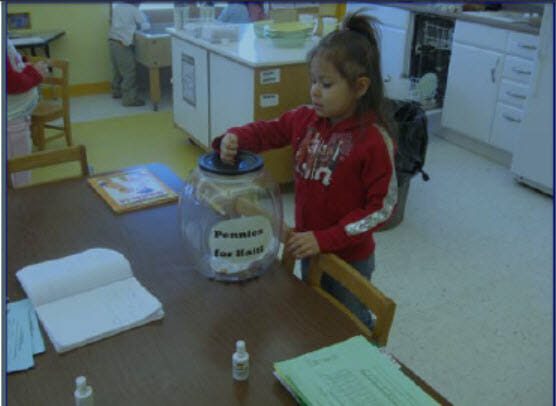To many people, today is just July 4th. In the U.S., it’s the capstone of a long weekend, and a day for picnics and fireworks.
Names matter, however. This holiday is not just a date on the calendar. The name of this national holiday is Independence Day. It’s worth reflecting on the revolution it started.
The Revolutionary Meaning of Independence
The word “revolution” has been cheapened in the market. Honestly, people: no car is revolutionary. No mobile phone is revolutionary.
As Friedrich Engels wrote, a revolution is not a dinner party.
- In the American Revolution, the colonists took on the responsibility of governing themselves.
- During the French Revolution shortly afterwards, ordinary people said they could rule without a king or nobility.
- Around the same time in Haiti, the revolutionaries proclaimed that black people did not have to rely on Europeans to run their country.
What these revolutions have in common is the assertion of independence.
Letting somebody else do our thinking for us is easy. Coming together as opinionated and self-interested human beings and deciding what’s good for us all is hard. But that public deliberation is what makes us free.
Let us not depend on cheap, easy cliches in our speech. Let us seek real consensus and real solutions in our politics. Ours: not the experts’ or the politicians’, the pundits’ or the corporations’ politics. Ours. It belongs to us, inalienably.
Happy Independence Day.
